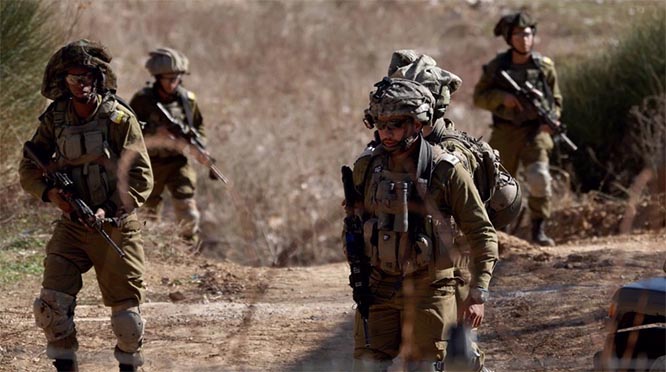Jeddah/Washington, Jul 20: Saudi Arabia’s King Salman approved hosting US forces in the Kingdom to boost regional security and stability, the Saudi Ministry of Foreign Affairs said on Friday.
The ministry tweeted that Saudi Arabia and the United States are "strengthen(ing) their longstanding partnership in (the) face of regional threats."
In Washington, the US Defense Department confirmed the move in a statement, saying it would deploy troops and resources to Saudi Arabia to “provide an additional deterrent” in the face of “emergent, credible threats.”
The gesture comes amid rising tensions between Washington and Tehran in the Gulf that have impacted global oil markets.
With Iranian military threats in mind, the US is sending American forces, including fighter aircraft, air defense missiles and likely more than 500 troops, to a Saudi air base that became a hub of American air power in the Middle East in the 1990s.
Senior American defense officials said some US troops and Patriot air defense missile systems have already arrived at Prince Sultan Air Base, south of Riyadh, where the troops have been preparing for the arrival of aircraft later this summer as well as additional troops. The officials spoke on condition of anonymity in order to provide details not publicly announced.
The agreement has been in the works for many weeks and is not a response specifically to Friday’s seizure by Iran of a British tanker in the Arabian Gulf.
Tensions with Iran have spiked since May when the Trump administration said it had detected increased Iranian preparations for possible attacks on US forces and interests in the Gulf area.
In a written statement Friday evening, US Central Command said the deployments to Saudi Arabia had been approved by the Pentagon.
“This movement of forces provides an additional deterrent, and ensures our ability to defend our forces and interests in the region from emergent, credible threats,” Central Command said. “This movement creates improvement of operational depth and logistical networks. US Central Command continually assesses force posture in the region and is working with Kingdom of Saudi Arabia authorities to base US assets at the appropriate locations.”
Putting US combat forces back in Saudi Arabia, after an absence of more than a decade, adds depth to the regional alignment of US military power, which is mostly in locations on the Arabian Gulf that are more vulnerable to Iranian missile attack.
In June, the Pentagon said it would deploy 1,000 troops to the Middle East but did not say where they were going.







Comments
Add new comment